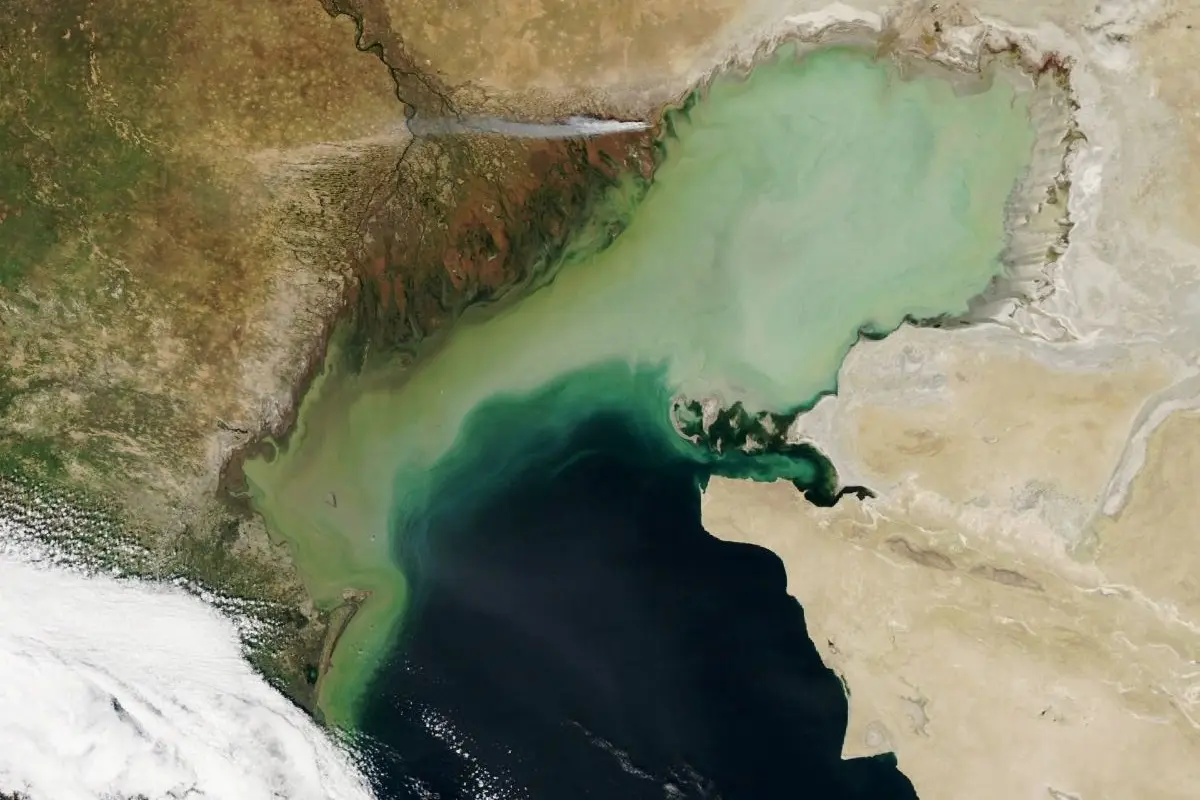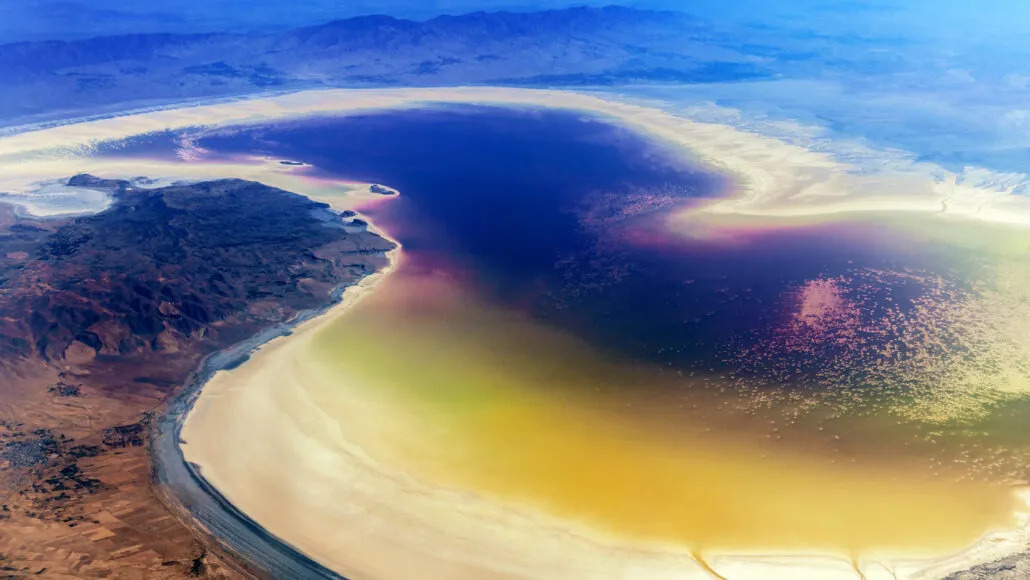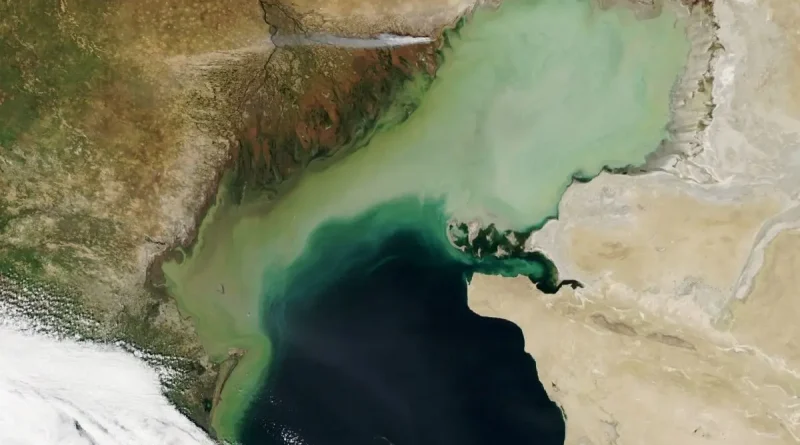More than half of the world’s large lakes are drying up

The drying of the world’s largest lakes is a very serious threat to those who use water from these lakes for drinking and irrigating their agricultural lands.
According to a report published by researchers in Science in May 19, more than half of the world’s largest lakes have become smaller over the past three decades. This is a very serious problem for people who use water from these lakes for personal consumption or irrigation.
As reported by Science News, the drying of lakes threatens local ecosystems and migratory birds and can even lead to sandstorms. Fangfang Yao, a surface water hydrologist at the University of Virginia in Charlottesville, says: ‘About one-third of the world’s population in these areas depends on the water from these lakes.’

Lake Urmia was once the second largest saltwater lake in the world; but since 1998, more than 90% of its volume has been reduced.
Yao and his colleagues at the University of Colorado Boulder have estimated the volume of approximately 2,000 freshwater basins in the area using satellite data from 1992-2020. The study provides a steady stream of lake volume measurements that are accountable for 96% of the Earth’s natural reserves and 83% of its water reservoirs.
A research team also used population data to estimate the number of people living around drying lakes. Researchers ultimately found that roughly 53% of the world’s lakes have significantly decreased in size while only about 22% have increased in volume compared to their past measurements.
Studies show that about 600 kilometers of these bodies of water have been lost in the last 28 years, which is roughly 17 times the maximum capacity of Lake Mead, the largest water reservoir in the United States.
To investigate the processes affecting water masses, researchers used hydrological and climatic simulations. They found that climate change and human irrational consumption are the major causes of the decline in global natural lake volumes. The group also cites sediment accumulation in reservoirs as a significant reason for the loss of Earth’s water reserves.




